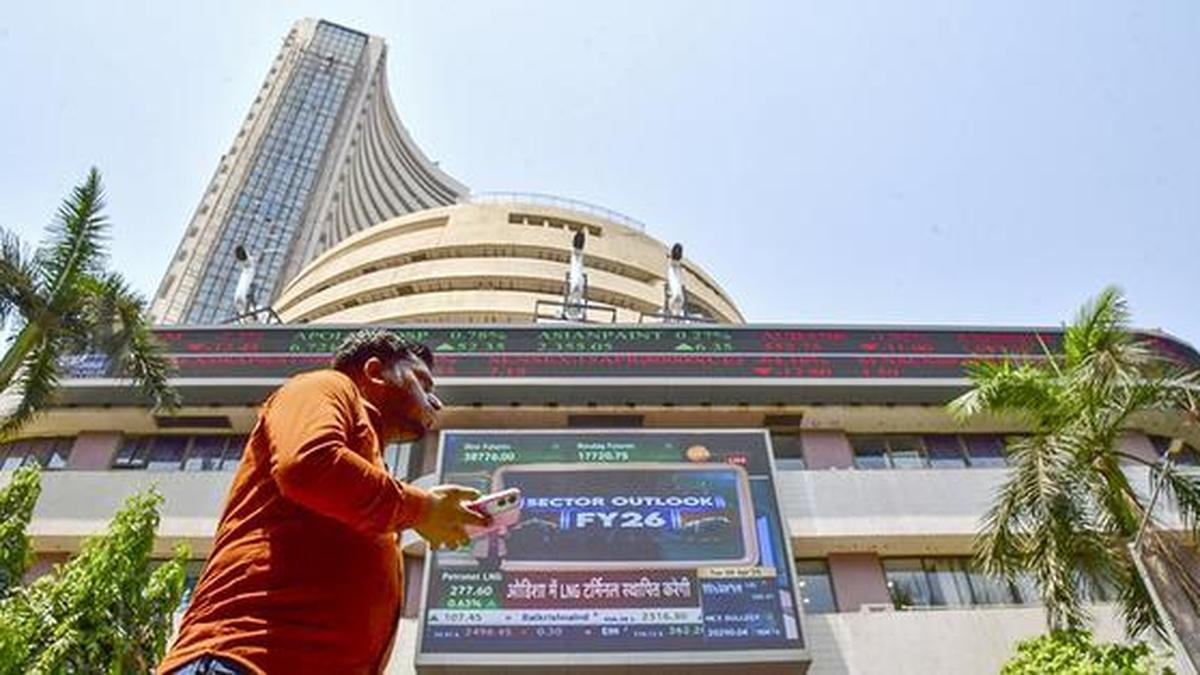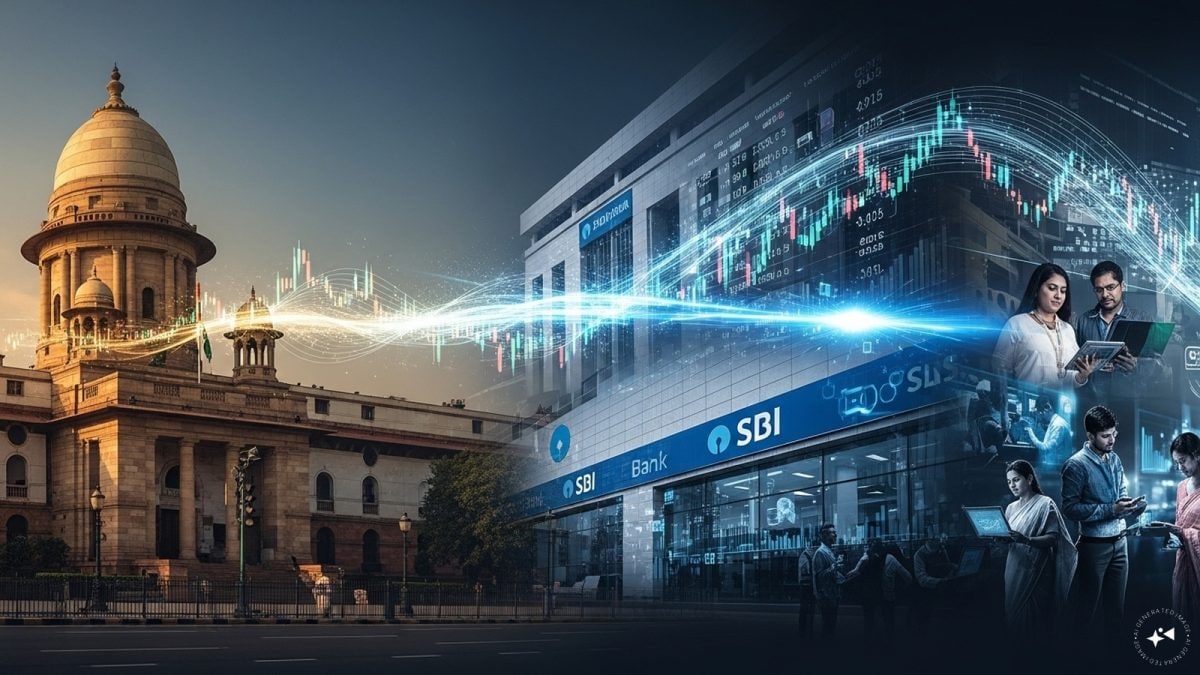- December 8, 2023
RBI announces new UPI transaction limits, change in rules for e-mandates for recurring payments – Times of India

UPI transaction limits hiked
According to the new UPI transaction limit rules, individuals can make payments through UPI up to Rs 5 lakh instead of the earlier Rs 1 lakh for specific payments.These payment categories include hospitals and educational institutes.
“The limit for various categories of UPI transactions has been reviewed from time to time. It is now proposed to enhance the UPI transaction limit for payment to hospitals and educational institutions from Rs 1 lakh to Rs 5 lakh per transaction,” the RBI governor said. “This will help the consumers to make UPI payments of higher amounts for education and healthcare purposes,” he added.
Sachin Castelino, Chief Strategy & Transformation Officer at In-Solutions Global Ltd says that the RBI’s decision to increase the limit on UPI payments to healthcare and educational units from Rs 1 lakh to Rs 5 lakh is a significant move that addresses the evolving needs of these sectors.
“This allows for larger transactions, facilitating smoother financial operations for entities in healthcare and education. This decision will open new opportunities for seamless and substantial transactions within these critical domains,” he says.
According to Castelino, the higher limit enhances the efficiency of UPI transactions, aligning with the growing demand for digital payments. “It provides a more robust framework to facilitate transactions on behalf of businesses in healthcare and education, fostering ease of doing business. This decision by the RBI reflects a proactive approach to adapting digital payment systems to the specific requirements of key sectors, contributing to the overall advancement of India’s digital economy,” he says.
E-mandate for recurring payments: New rules
The RBI has in place e-mandates for making payments which are recurring in nature. The present limit above which additional factor authentication is required is Rs 15,000. This limit has now been enhanced to Rs 1 lakh for mutual funds subscriptions, insurance premium subscriptions and credit card repayments.
“e-Mandates for making payments of recurring nature have become popular among customers,” the central bank governor notes. Under this framework, an additional factor of authentication (AFA) is currently required for recurring transactions exceeding Rs 15,000. “It is now proposed to enhance this limit to Rs 1 lakh per transaction for recurring payments of mutual fund subscriptions, insurance premium subscriptions and credit card repayments,” he said in his statement. “This measure will further accelerate the usage of e-mandates,” he added.
The RBI governor made these announcements as part of the Monetary policy statement for the month of December, 2023. The Monetary Policy Committee (MPC) decided to keep the key repo rate unchanged for the 5th consecutive time.







